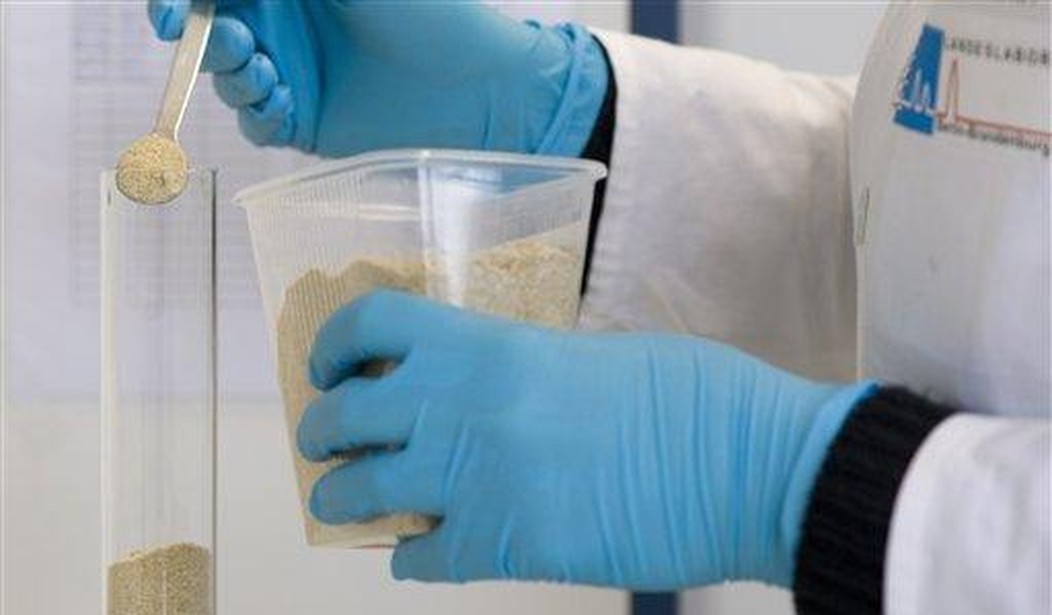This is almost starting to become an encouraging pattern. Earlier this week we had the opportunity to praise the municipal government of Chicago for its new program designed to help people install security cameras and help crack down on crime. And now another bit of good news related to law enforcement in the Windy City has popped up in the headlines. After far too many years, the city has now completely eliminated its backlog of rape test kits and is assembling the data to assist the police in identifying and tracking down sexual predators. (CBS Chicago)
The Illinois DNA backlog has been eliminated.
Chicago Democrat State Senator Patricia Van Pelt said for the first time since 2019, there are no outstanding sexual assault kits older than 180 days awaiting testing.
The CBS 2 investigators have been reporting on the backlog for years, and we’ve been following statewide efforts to find a solution.
As recently as one year ago, the backlog of rape kits awaiting DNA testing just for the city of Chicago numbered in the thousands. Some victims had been waiting for as long as ten years before their processing was complete. But during the summer they launched a new commission to tackle the problem. They hired more forensic analysts and established new protocols to allow them to work collaboratively rather than farming the work out to labs that worked in isolation. Increased funding sped up the process further.
The progress wasn’t limited to the city of Chicago, either. State Police are reporting that the backlog across all of Illinois has been cut in half over the past year and they anticipate being fully caught up in the near future.
The State Police Division of Forensic Services reduced their backlog of DNA samples from 9,289 in March 2019 to 4,857 as of Monday, Nov. 30.
“Since the beginning of my administration, we have prioritized implementing policies and procedures that will allow the dedicated forensics team at ISP’s Division of Forensic Services to reduce the state’s DNA backlog. Thanks to the leadership of the Forensic Science Task Force, which my administration established in 2019, additional recommendations to help further decrease the backlog are now underway,” Gov. Pritzker said in a news release.
We were covering this story back in 2018 and the numbers that were showing up were outrageous. At that time, the city of Detroit was sitting on more than 11,000 untested rape kits. When they finally finished making a significant dent in the backlog they discovered that DNA evidence pointed to as many as 800 serial rapists who had been plaguing the Motor City for decades.
Illinois has made remarkable progress, but the police still have a lot of work in front of them. Now the results from those tests will need to be compared to the existing database of known criminals with DNA samples on file. If matches are found, suspects may be detained and the rape victims may finally be given justice. Even if there is no match with the current database, patterns may be detected in where rapists have been operating, potentially offering new leads.
It’s heartbreaking to think of the number of women who have been attacked and who then submitted to highly invasive testing. They did so in the belief that their participation might help bring rapists to justice and potentially save other women from being victimized in the future. And then years rolled by without their evidence being processed and with their attackers likely still on the loose. Congratulations to Illinois and Chicago for getting this done. Hopefully, other states and cities can copy this model and make similar progress.








Join the conversation as a VIP Member